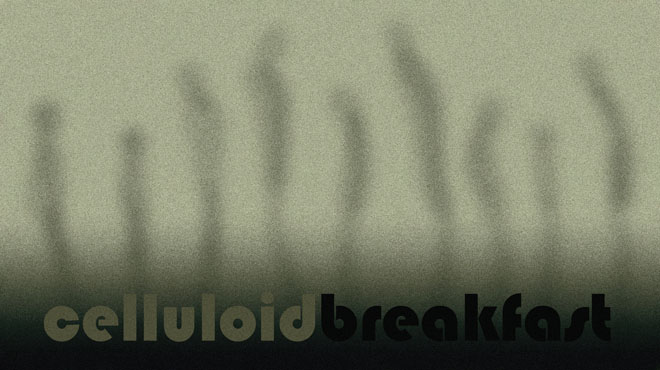Revered Czech director Jiří Menzel’s most recent picture, I Served The King Of England, tells the story of Jan Dítě, a budding hotel waiter whose one dream in life is to become a millionaire. After rising through the ranks of Hotel Paříž’s auxiliary staff, as well as bedding a few women on the way, Jan grows a taste for observing the lifestyle of the rich. When he meets and falls in love with Líza, a German woman living in Prague during the Nazi invasion under the Third Reich, his former colleagues turn their backs on him. A recommendation from an associate inspires Líza to steal valuable stamps from the houses of displaced Polish-Jewish families for Jan to sell. When she dies, Jan sells them in order to become a hotelier. As communism takes power in Czechoslovakia, Jan decides to flaunt his newfound wealth in order to join the other millionaires in prison, who ostracise him having not forgotten his earlier treason. The core story officially takes place in the present day, the aged Jan recounting the past to his neighbours in between bouts of community service.
Menzel’s work is an exceptional piece, managing to convey the events of the past with a lightly humorous modern slant. Jan, despite his self-absorption and apparent emotional coldness, is a lovable character, and as a result it is a joy to experience the history of Czechoslovakia through his eyes (and his sexual experiences). A witty, and rare, mix of political satire and humanist drama.









